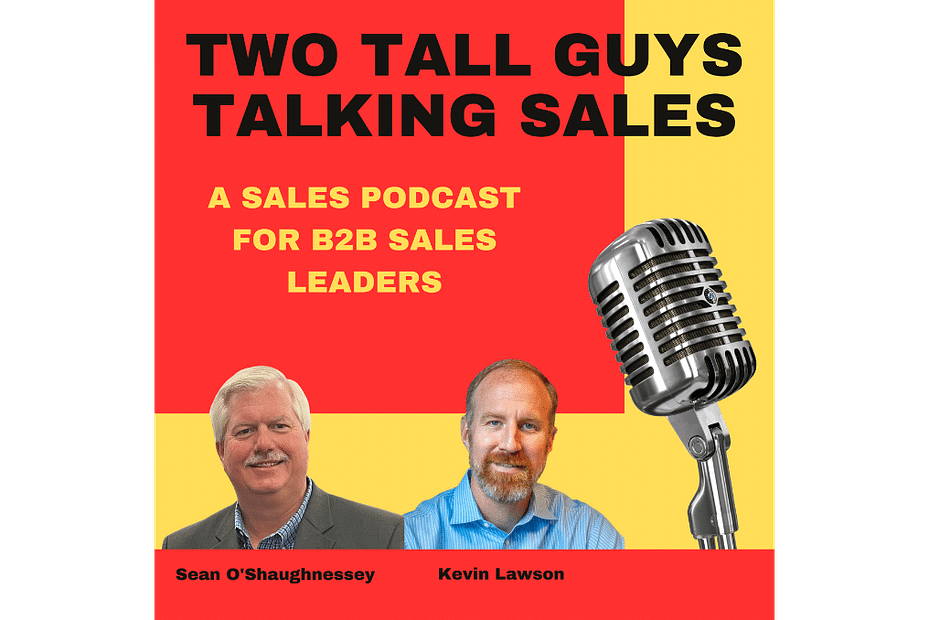B2B Sales in the Age of AI: Why Top Salespeople Will Thrive While the Repetitive Roles Disappear
The buzz surrounding artificial intelligence has left many professionals wondering about the future of their careers. For B2B sales professionals, the rise of AI presents a fundamental question: Will AI replace salespeople?
The short answer is no, but it will replace some of their work. More accurately, AI will redefine the B2B sales landscape by eliminating lower-value activities, consolidating support roles, and enhancing the capabilities of top performers. In doing so, it will widen the gap between average and great salespeople.
Several years ago, I wrote a similar explanation about the fear that “the internet” would replace salespeople. That didn’t happen. You can find that article on the blog that supports my first sales book. Are salespeople necessary in the Internet age?
This blog post explores how B2B sales is positioned relative to AI disruption, referencing key insights from Benjamin Todd’s article, “How Not to Lose Your Job to AI” (80,000 Hours, 2025). Todd’s framework on skill types that increase in value in the age of AI helps us understand how high-functioning sales teams should evolve and how sales professionals can future-proof their careers.
Understanding AI’s True Impact: Augmentation, Not Replacement
A common misconception about AI is that it simply replaces humans. This isn’t true. AI devalues tasks it can perform while increasing the importance of the skills it cannot. Todd explains this dynamic through examples like the ATM: while the ATM reduced the need for transactional teller tasks, it actually increased demand for bank branch workers by allowing banks to open more branches. AI follows a similar pattern.
In B2B sales, AI will handle the most automatable tasks, such as data entry, follow-ups, list-building, and basic prospecting emails. However, this doesn’t eliminate the sales role; it sharpens its focus.
Instead of dialing hundreds of prospects daily, sales professionals will focus more on strategic engagement, account planning, and using AI-generated insights to elevate conversations. The result? Sales has become a more thoughtful, human, and strategic discipline for those who can keep up.
Four Categories of Skills That AI Will Make More Valuable
In Todd’s excellent article, he identifies four skill types that increase in value in an AI-enhanced workplace:
- Hard-to-automate skills
- Deployment-related skills
- Scarce, high-utility skills
- Skills hard for others to learn or replicate
Each of these aligns tightly with the demands of modern B2B sales.
Read the rest of the article…
